Health care workforce
Health care workforce
To meet patient needs now and in the future, the United States health care industry must build a larger, more diverse health care workforce with the right experiences, skills, and linguistic capabilities. Kaiser Permanente is committed to working with policymakers to help build that workforce.
The COVID-19 pandemic has put a spotlight on structural challenges facing America's health care system, especially employee shortages and a lack of racial and ethnic diversity. While these challenges existed prior to the pandemic, they intensified during the global health emergency and are expected to grow significantly if unaddressed.
In 2024, approximately 200,000 new nurses are necessary to meet demand nationwide. There is also a critical need for additional physicians, physician assistants, behavioral health practitioners, and other key health care providers.
Over the coming years, the demand for care will only increase. Researchers at the U.S. Census Bureau predict that the nation’s population will grow by almost 80 million people over the next 4 decades. By 2030 more than one-fifth of the American population will be over the age of 65. These trends will require the health care workforce to grow and adapt to ensure all patients receive high-quality care.
As the U.S. population is growing, it is also becoming more racially and ethnically diverse. While some health care professions reflect the diversity of the communities they serve, certain roles, especially physicians, do not reflect the composition of the general population. A comprehensive analysis by the Association of American Medical Colleges reveals that only 12.6% of physicians identified as Black or Hispanic in 2021. This percentage is about a third of what is reflected in the general population.
The health care workforce's limited diversity creates challenges for patients and workers. For patients, having a provider who is from their community or who shares their background can be critical to building trust and maintaining or improving health. For workers, a lack of diversity can lead to feelings of isolation, misunderstanding, and burnout.
40%
of all new jobs between 2022 and 2032 will be in health care1
49%
of physicians reported being burned out2
Only 12.6%
of active physicians are Black or Hispanic3
To strengthen the health care workforce, Kaiser Permanente believes public policy should:
- Increase funding for residency and other clinical training programs
- Promote the use of telehealth and technology to enable more flexible care and scheduling
- Rationalize training requirements to minimize economic burden and enable more people from diverse backgrounds to enter the health professions
- Make it easier for practitioners to get licensed in multiple states through interstate compacts
- Ensure that the diversity of the health care workforce reflects the populations served
- Explore more adaptable and inclusive work schedules
- Bolster the health care workforce by expanding education, training, and fellowship opportunities
Kaiser Permanente Bernard J. Tyson School of Medicine
Kaiser Permanente is committed to strengthening America’s health care workforce. In 2020, we opened the Kaiser Permanente Bernard J. Tyson School of Medicine in Pasadena, California. The school is dedicated to educating diverse students who will become outstanding clinicians and skilled advocates for equity and the health of their patients and communities. The new school is helping meet the demand for a rich diversity of physicians by waiving all tuition for the full 4 years of school for its first 5 graduating classes.
Futuro Health
Kaiser Permanente and SEIU-UHW (Service Employees International Union-United Healthcare Workers West) have partnered to establish Futuro Health, a $130 million nonprofit organization dedicated to growing the largest network of certified health care workers.
Futuro Health was established to improve the health and wealth of communities by investing in allied health education and skills training and retraining. Allied health care services, critical to delivering high-quality health care, are provided by a wide range of clinical, administrative, and support professionals including licensed vocational nurses, medical coders, health information technicians, radiologic technicians, and laboratory workers. Futuro Health is graduating thousands of new licensed, credentialed allied health care workers in California every year.
1 Health Affairs, 2018
2 Medscape, 2020
3 AAMC, 2021
In This Section
Get updates on our public policy perspectives

November 4, 2025
A best place to work for veterans
As a 2025 top Military Friendly Employer, Kaiser Permanente supports veterans …
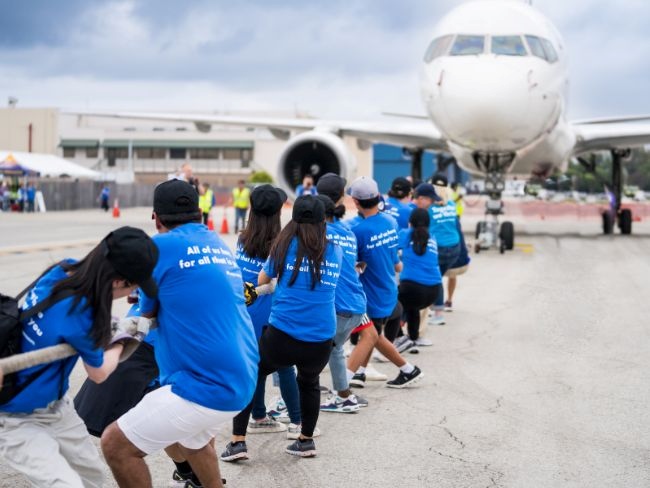
October 15, 2025
Kaiser Permanente shows up strong for the annual plane pull
Championing health equity and teamwork drives Kaiser Permanente’s support …
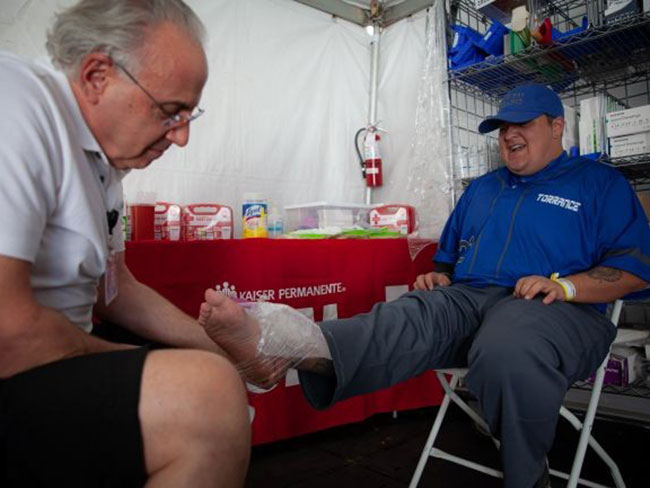
July 16, 2025
More than just a game
Kaiser Permanente partners with Special Olympics of Southern California …

June 17, 2025
We must grow the health care workforce
At Kaiser Permanente, we educate future clinicians and offer programs that …
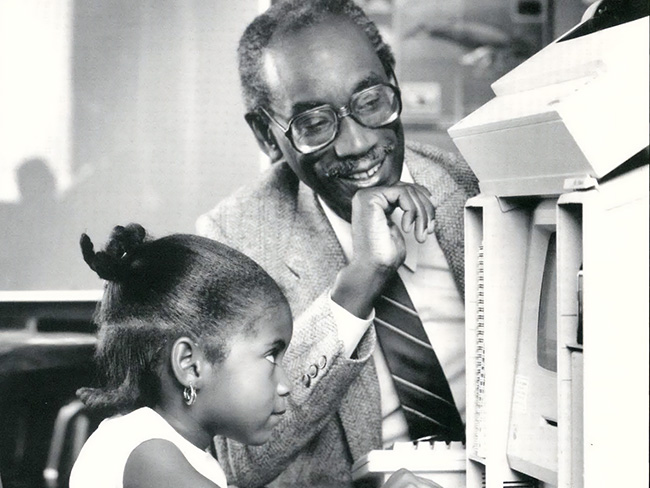
March 17, 2025
Remembering Bill Coggins and his lasting legacy
The founder of the Kaiser Permanente Watts Counseling and Learning Center …

January 15, 2025
Why the U.S. needs more community health workers
With the right strategies and public policies, we can strengthen our nation’s …
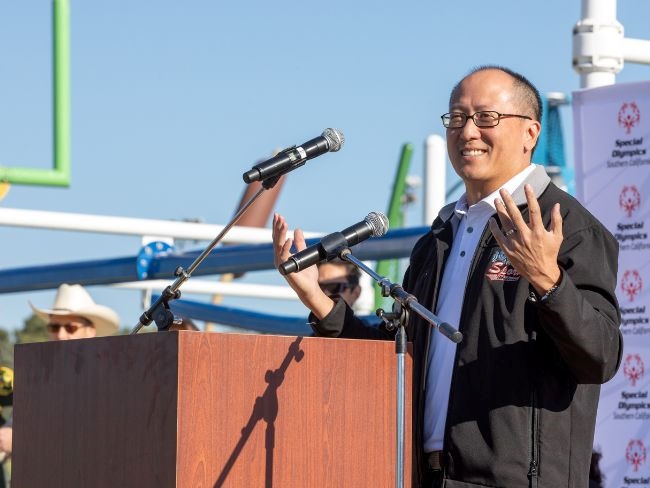
December 16, 2024
Helping to build and support inclusive communities
At the Special Olympics Southern California Fall Games, Kaiser Permanente …

November 4, 2024
Recruitment and retention in behavioral health
An expert’s insights on the changing mental health landscape, its impact …

October 29, 2024
Paid internships support future public health leaders
Valedictorian uses bilingual-bicultural fluency to connect with community …

October 2, 2024
Honored for supporting people with disabilities
Leading U.S. disability organizations recognize Kaiser Permanente for supporting …

September 16, 2024
Voting affects the health of our communities
In honor of National Voter Registration Day, we encourage everyone who …
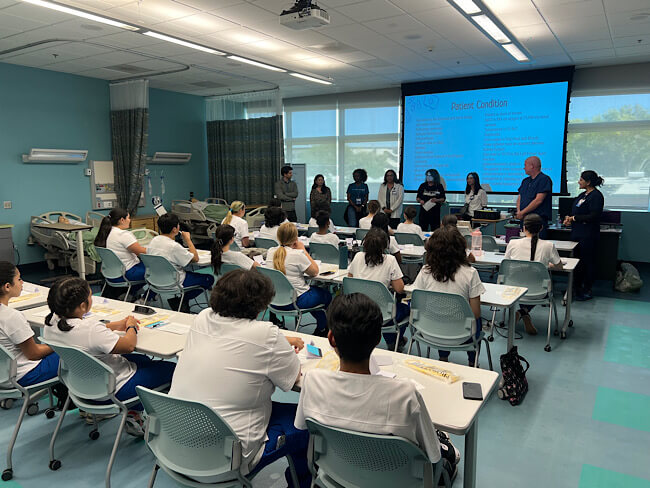
August 28, 2024
Simulation program lets students explore health care careers
Kaiser Permanente in Antelope Valley partnered with high schools to give …
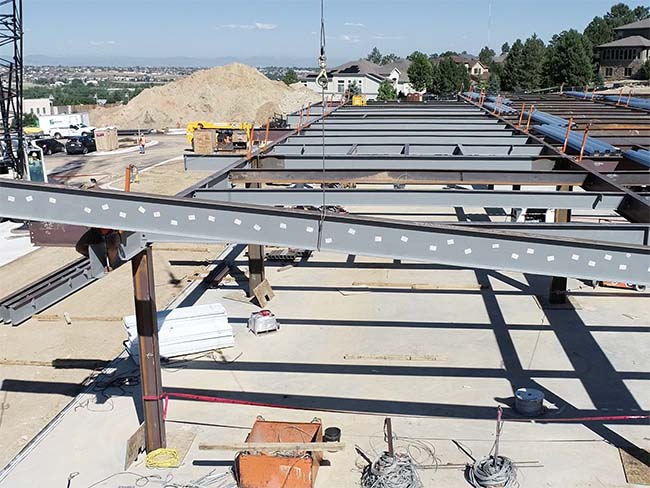
August 28, 2024
Final beams placed at Parker Medical Offices
The final steel beams for the new Kaiser Permanente Parker Medical Offices …

August 26, 2024
We honor and celebrate our workforce this Labor Day
Our people are the heart of Kaiser Permanente.

July 16, 2024
Teacher residency program improves retention and diversity
A $1.5 million Kaiser Permanente grant addresses Colorado teacher shortage …

July 2, 2024
Reducing cultural barriers to food security
To reduce barriers, Food Bank of the Rockies’ Culturally Responsive Food …

June 19, 2024
Investments in Black community promote total health for all
Funding from Kaiser Permanente in Washington helps to promote mental health, …
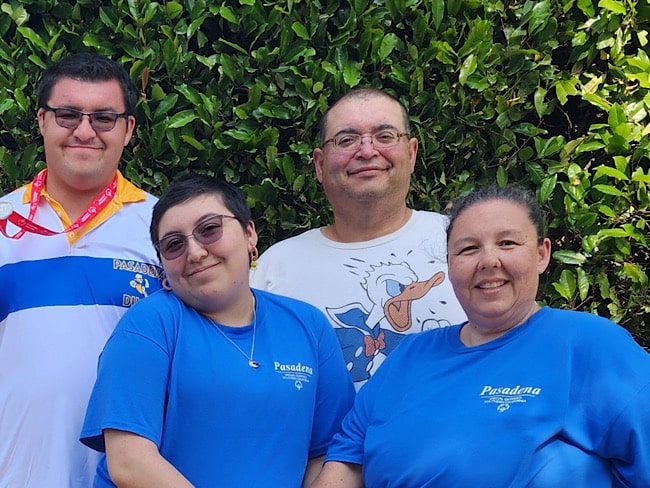
May 30, 2024
Special Olympics Summer Games: Will you play a part?
Kaiser Permanente employee Carrie Zaragoza volunteers for Special Olympics …

May 14, 2024
Recognized again for leadership in diversity and inclusion
Fair360 names Kaiser Permanente to its Top 50 Hall of Fame for the seventh …

April 8, 2024
Martin Luther King Jr.’s dream is alive at Kaiser Permanente
Greg A. Adams, chair and chief executive officer of Kaiser Permanente, …

March 6, 2024
Former employee honored for supporting South LA families
Bill Coggins, who founded the Kaiser Permanente Watts Counseling and Learning …
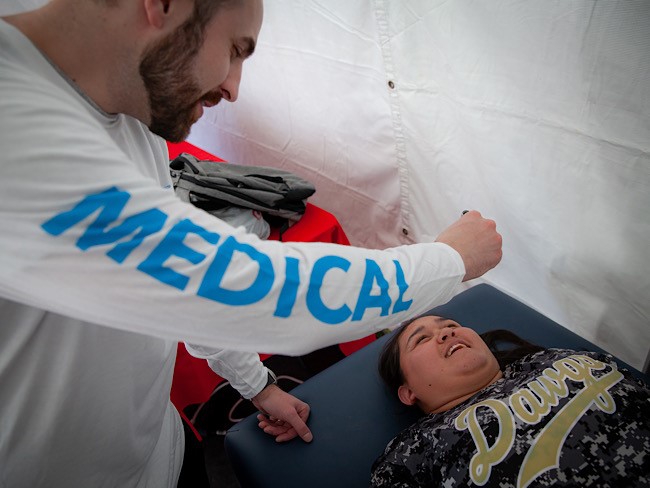
March 4, 2024
Taking care of Special Olympics athletes
Kaiser Permanente physicians and medical students provide medical exams …

January 22, 2024
Solutions for strengthening the mental health care workforce
Better public policies can help address the challenges. We encourage policymakers …
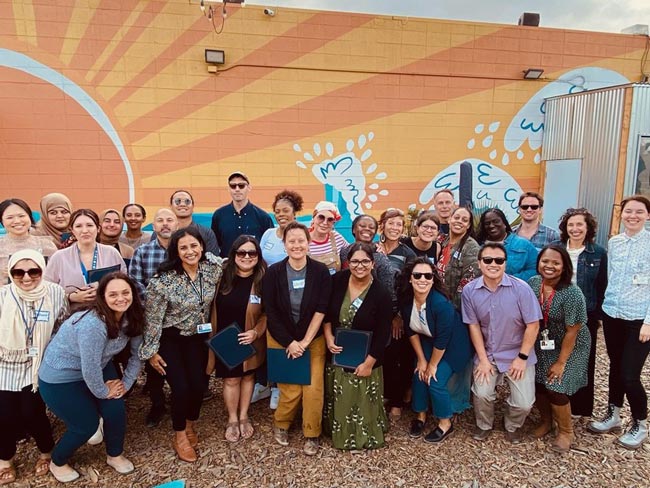
January 3, 2024
Addressing the shortage of mental health workers
There aren’t enough mental health professionals in the U.S. to meet the …

December 20, 2023
Championing inclusivity at the Fall Games
Kaiser Permanente celebrates inclusion at Special Olympics Southern California …

November 1, 2023
Meet our 2023 to 2024 public health fellows
To help develop talented, diverse community leaders, Kaiser Permanente …

June 30, 2023
Our response to Supreme Court ruling on LGBTQIA+ protections
Kaiser Permanente addresses the Supreme Court decision on LGBTQIA+ protections …

June 29, 2023
Our response to Supreme Court's ruling on affirmative action
Kaiser Permanente addresses the Supreme Court decision on affirmative action …

June 29, 2023
Special Olympics athletes go for the gold
Kaiser Permanente celebrated its sixth year as official health partner …

June 14, 2023
Honored for commitment to people with disabilities
The Achievable Foundation recognized Kaiser Permanente for its work to …

May 10, 2023
A workplace for all
We are building inclusive work and care environments where everyone feels …

May 10, 2023
Health equity, inclusion, and belonging
We strive for fairness, respect, and inclusion for all.
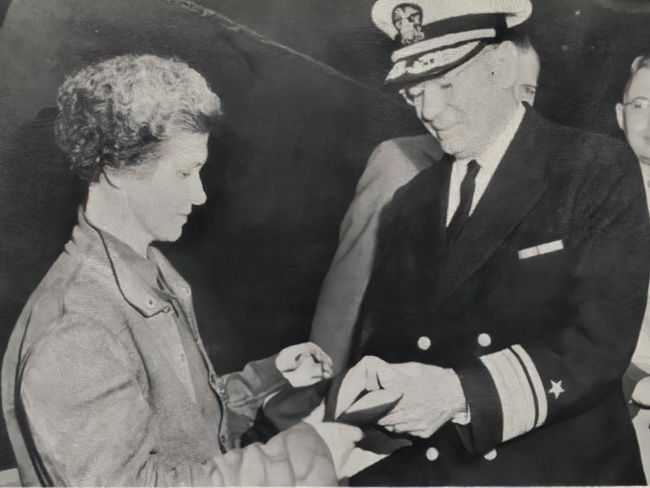
May 2, 2023
Women lead an industrial revolution at the Kaiser Shipyards
Early women workers at the Kaiser shipyards diversified home front World …
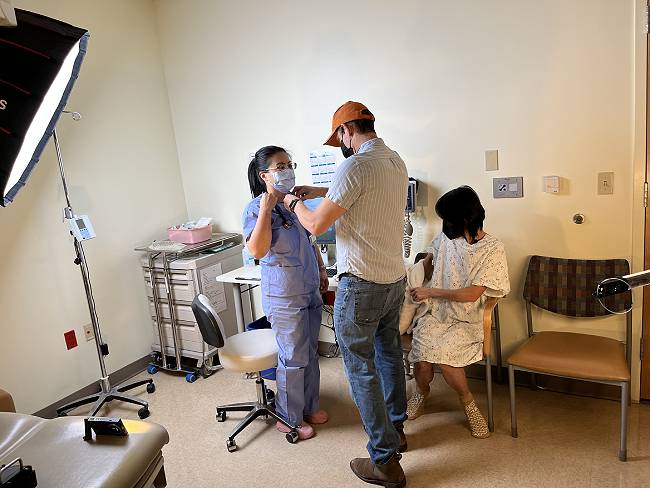
April 27, 2023
Inspiring students to pursue health care careers
Kaiser Permanente is confronting future health care staffing challenges …

April 25, 2023
Hannah Peters, MD, provides essential care to ‘Rosies’
When thousands of women industrial workers, often called “Rosies,” joined …

November 14, 2022
It’s time to rethink health care quality measurement
To meaningfully improve health equity, we must shift our focus to outcomes …
November 11, 2022
Early leaders in equity and inclusion
Explore Kaiser Permanente’s commitment to equitable, culturally responsive …

February 21, 2022
A best place to work for LGBTQ+ equality
Human Rights Campaign Foundation gives Kaiser Permanente another perfect …
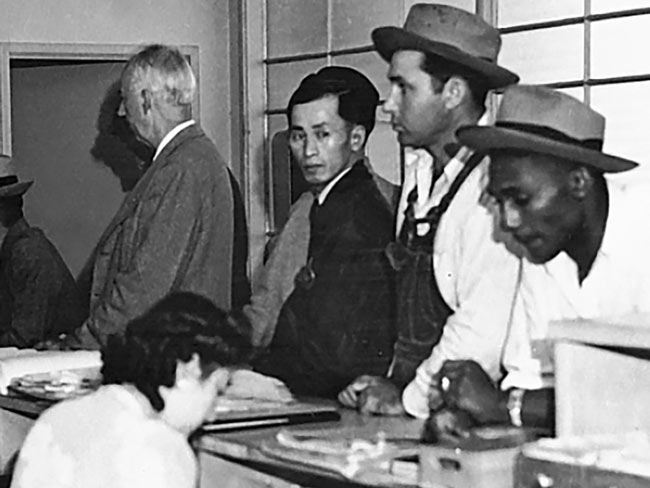
August 25, 2021
Kaiser Permanente’s history of nondiscrimination
Our principles of diversity and our inclusive care began during World War …

July 22, 2021
A long history of equity for workers with disabilities
In Henry J. Kaiser’s shipyards, workers were judged by their abilities, …
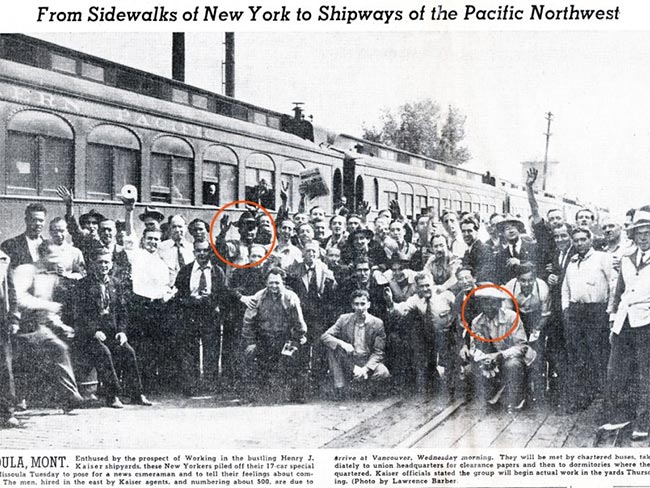
June 2, 2021
Path to employment: Black workers in Kaiser shipyards
Kaiser Permanente, Henry J. Kaiser’s sole remaining institutional legacy, …
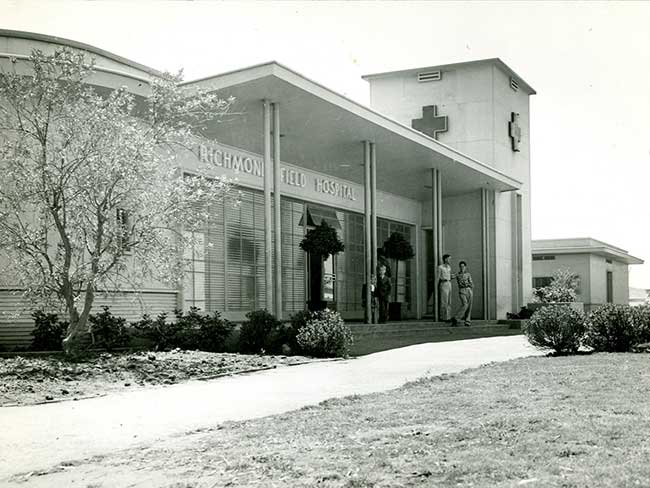
February 22, 2021
The Permanente Richmond Field Hospital
Forlorn and all but forgotten, it played a proud role during the World …
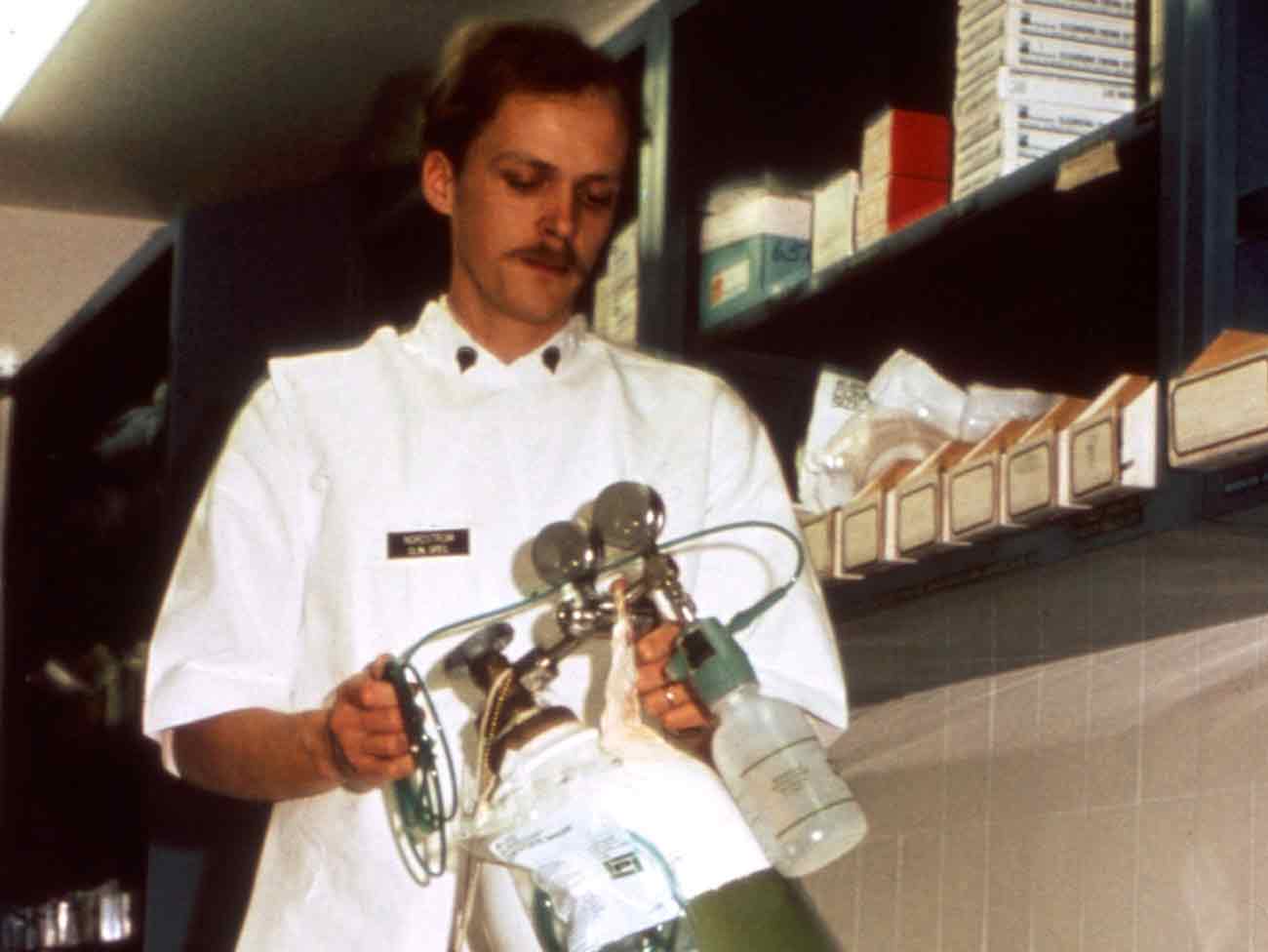
November 8, 2019
Swords into stethoscopes — veterans in health professions
Kaiser Permanente has actively hired veterans in all capacities since World …
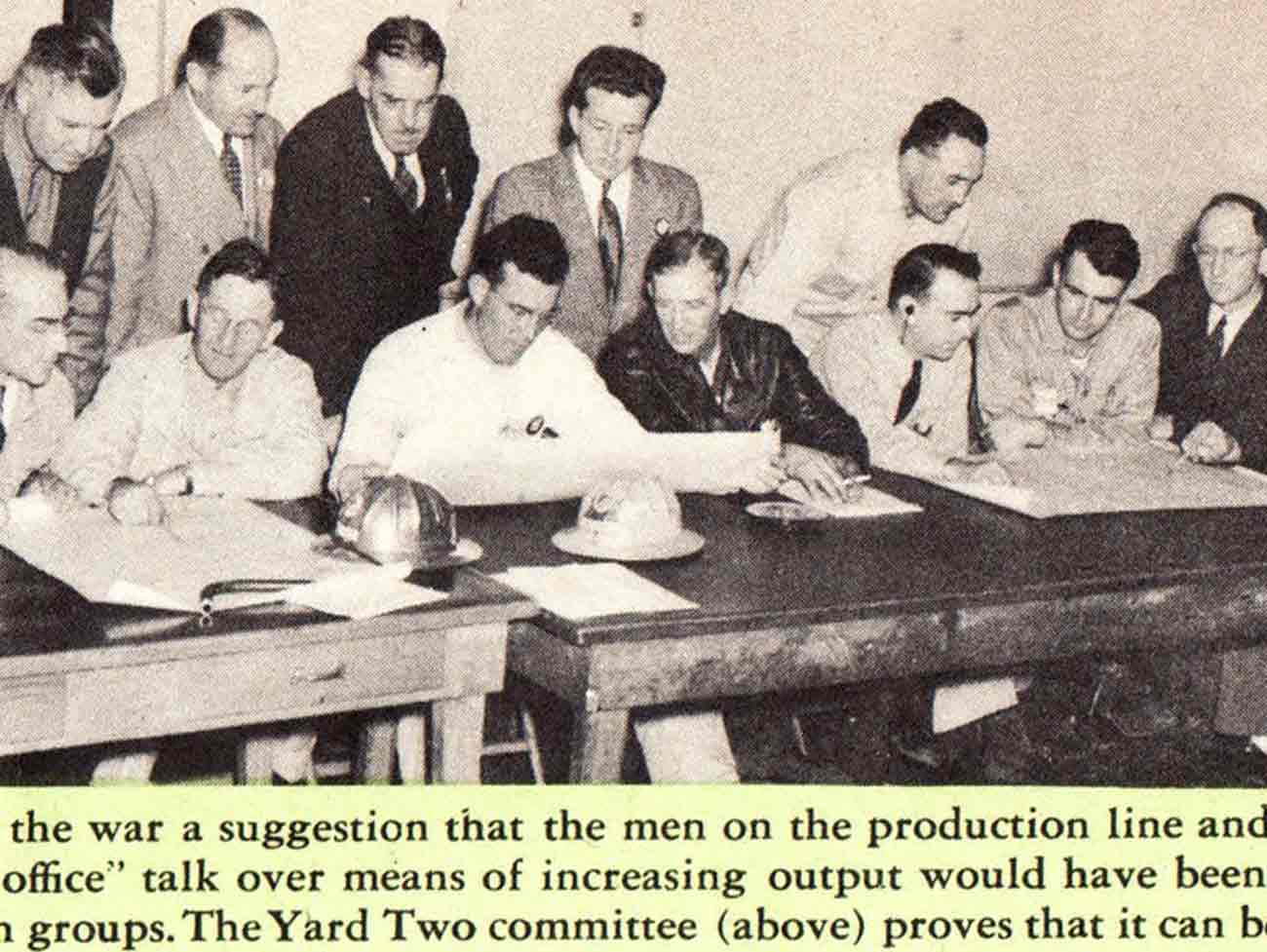
August 28, 2019
When labor and management work side by side
From war-era labor-management committees to today’s unit-based teams, cooperation …
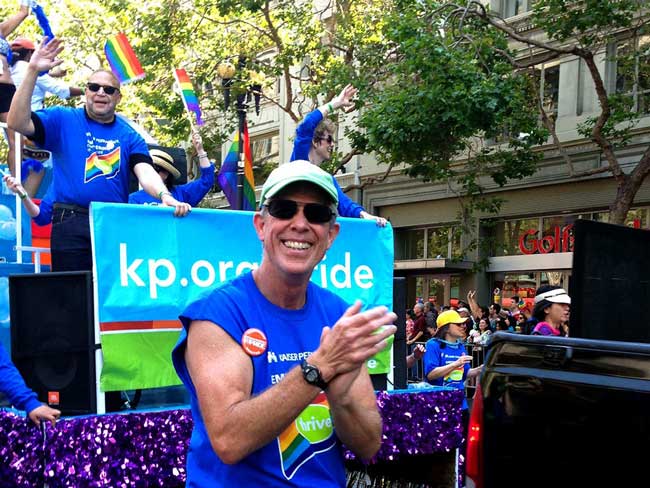
June 5, 2019
Breaking LGBT barriers for Kaiser Permanente employees
“We managed to ultimately break through that barrier.” — Kaiser Permanente …

March 29, 2019
Equal pay for equal work
Kaiser shipyards in Oregon hired the first 2 female welders at equal pay …
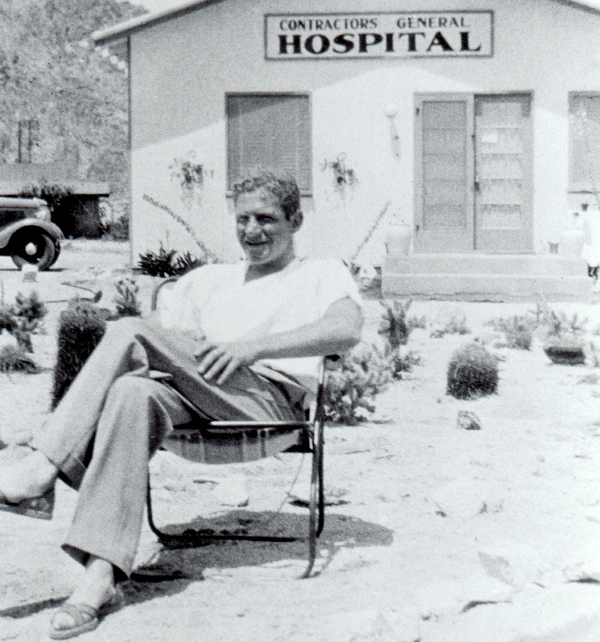
March 26, 2018
5 physicians who made a difference
Meet 5 outstanding doctors who advanced the practice of medical care with …

March 8, 2018
Slacks, not slackers — women’s role in winning World War II
Women who worked in the Kaiser shipyards helped lay the groundwork for …
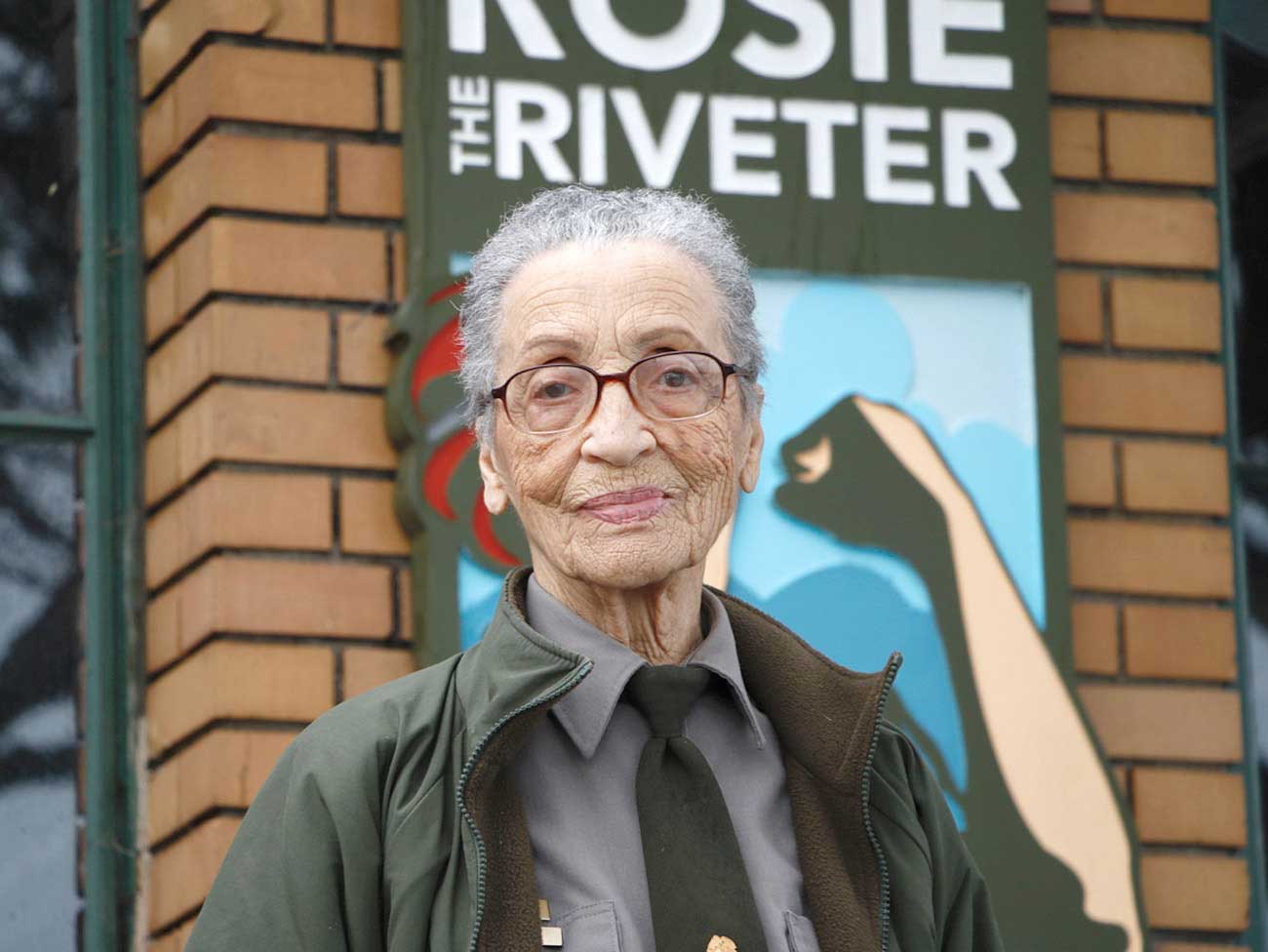
February 22, 2018
The amazing true story of Park Ranger Betty Reid Soskin
She is the oldest national park ranger in the country with a legacy of …
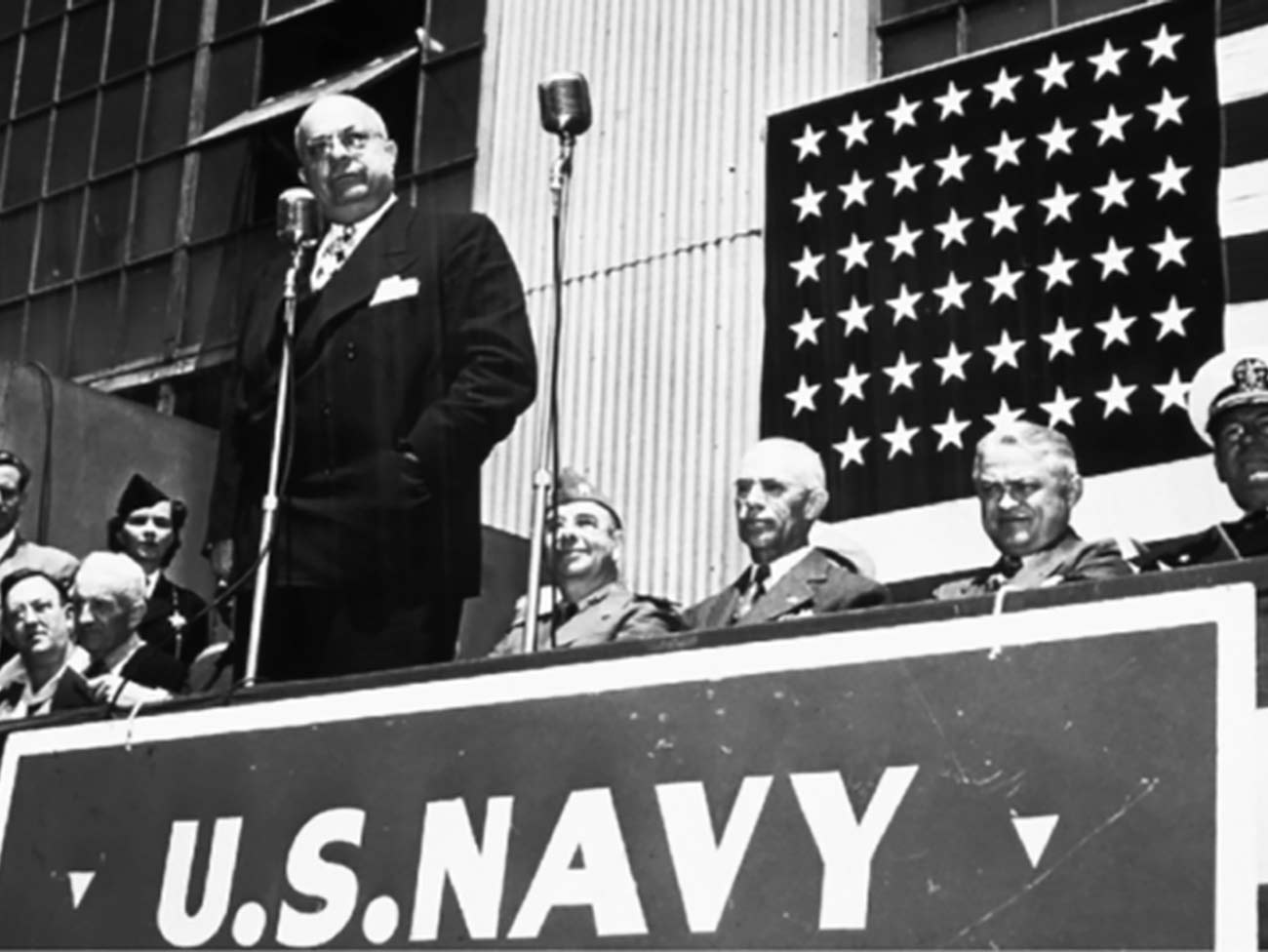
November 7, 2017
Patriot in pinstripes: Honoring veterans, home front, and peace
Henry J. Kaiser's commitment to the diverse workforce on the home front …
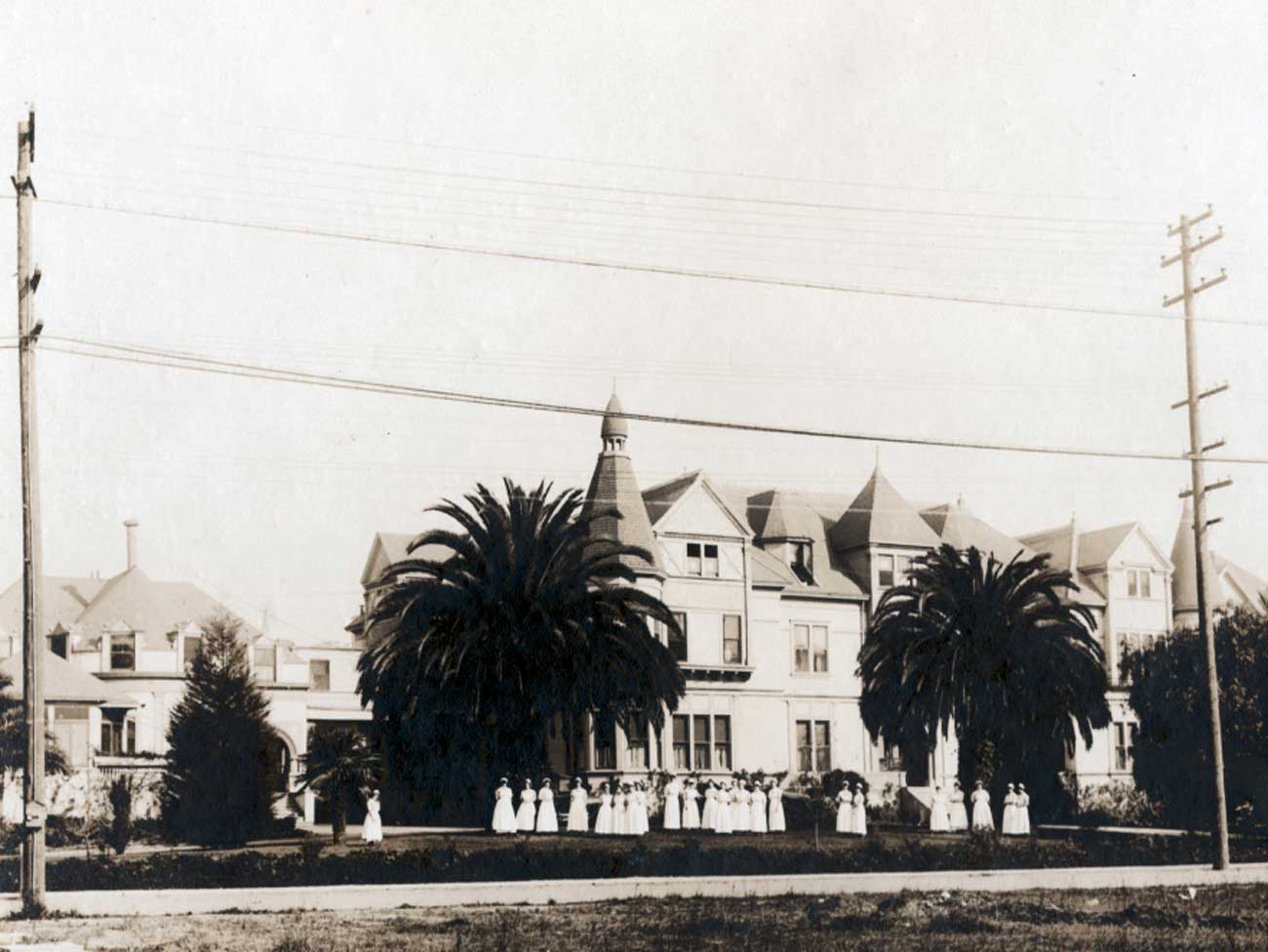
October 12, 2017
An experiment named Fabiola
Health care takes root in Oakland, California.

August 10, 2017
‘Good medicine brought within reach of all'
Paul de Kruif, microbiologist and writer, provides early accounts of Kaiser …
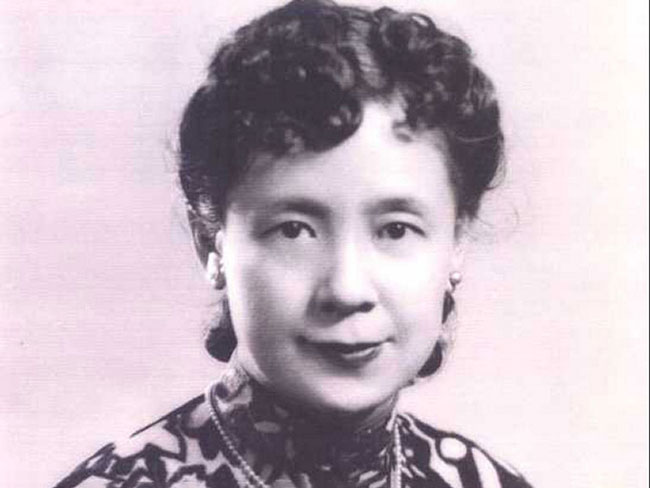
March 7, 2017
Beatrice Lei, MD: From Shantou, China, to Richmond, California
She served as a role model and inspiration to the women physicians and …
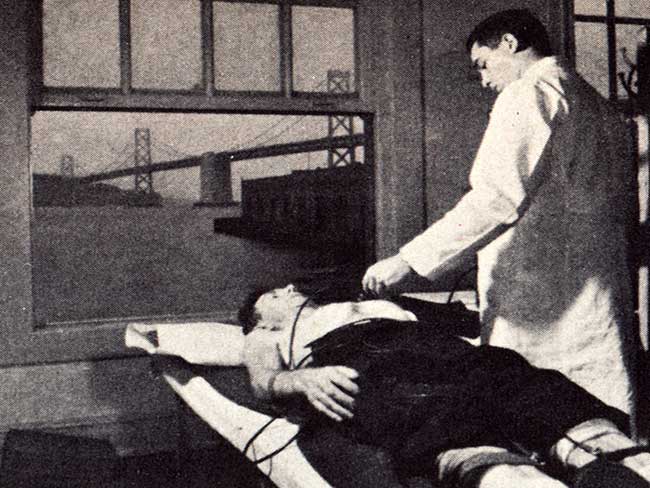
March 1, 2017
Screening for better health: Medical care as a right
When industrial workers joined the health plan, an integrated battery of …
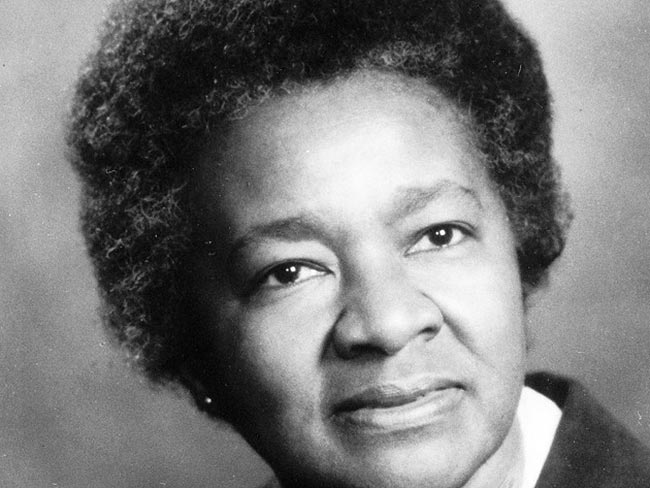
February 3, 2017
Ellamae Simmons — trailblazing African American physician
Ellamae Simmons, MD, worked at Kaiser Permanente for 25 years, and to this …
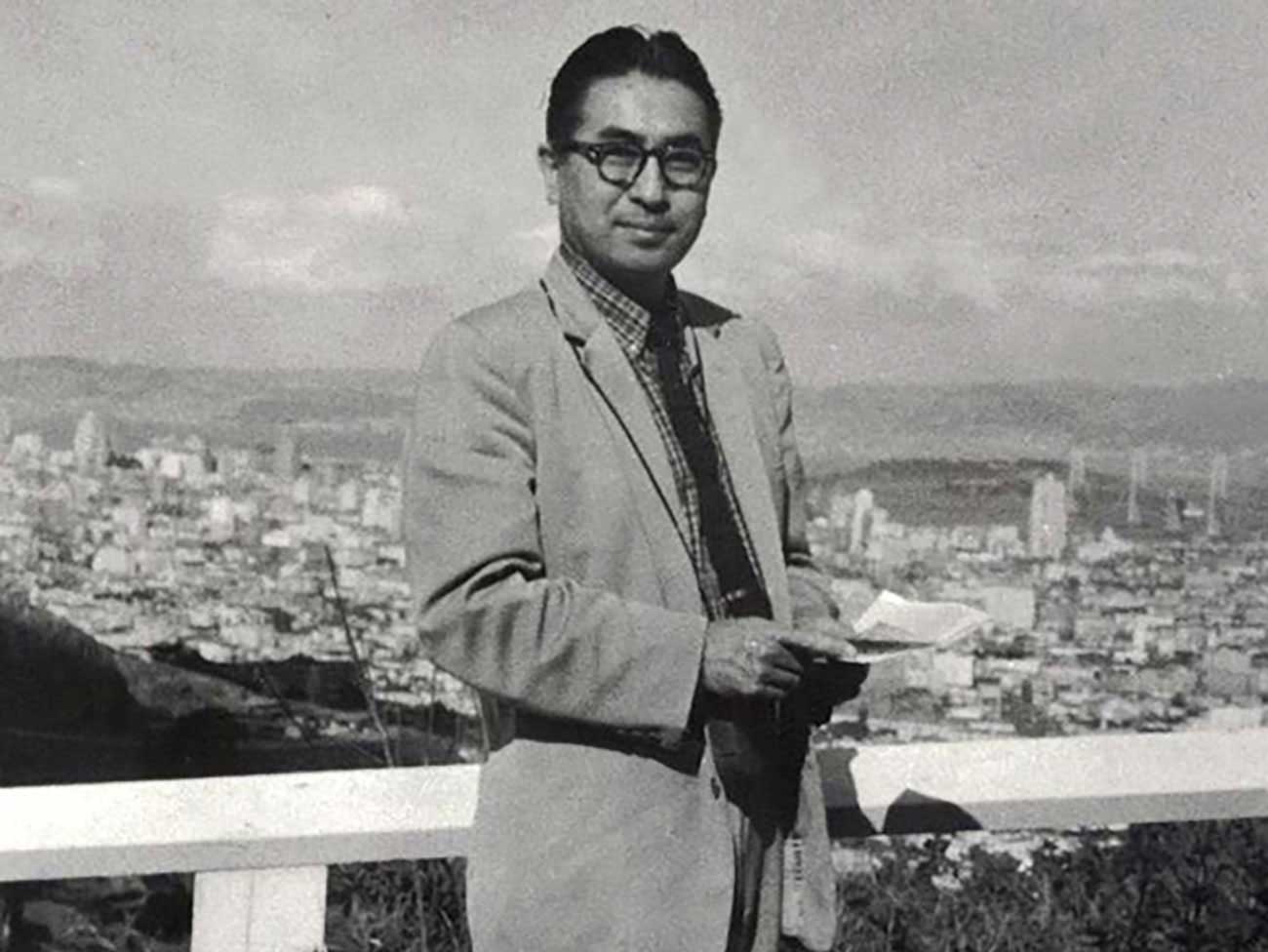
January 27, 2017
Japanese-American doctors overcame internment setbacks
Despite restrictive hiring practices after World War II, Kaiser Permanente …
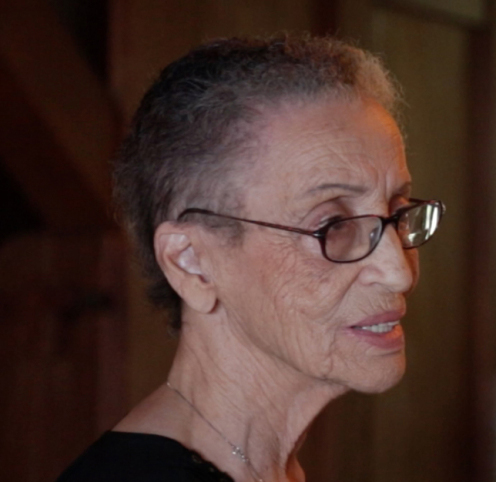
November 16, 2016
Betty Reid Soskin honored with lifetime achievement award
The California Studies Association presents the Carey McWilliams Award …
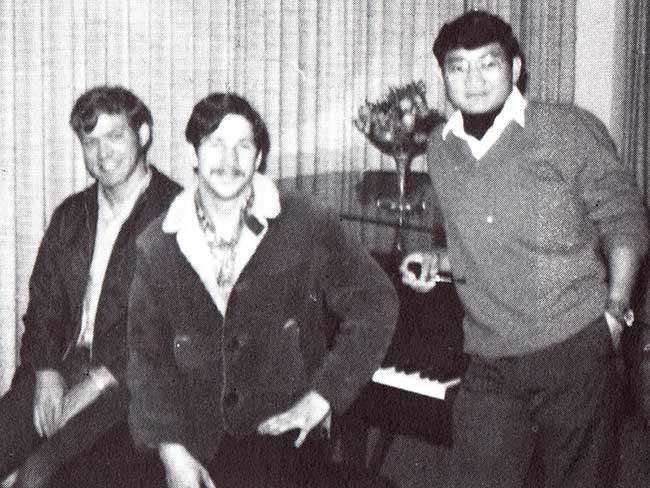
May 5, 2016
Male nursing pioneers
Groundbreaking male students diversify the Kaiser Foundation School of …
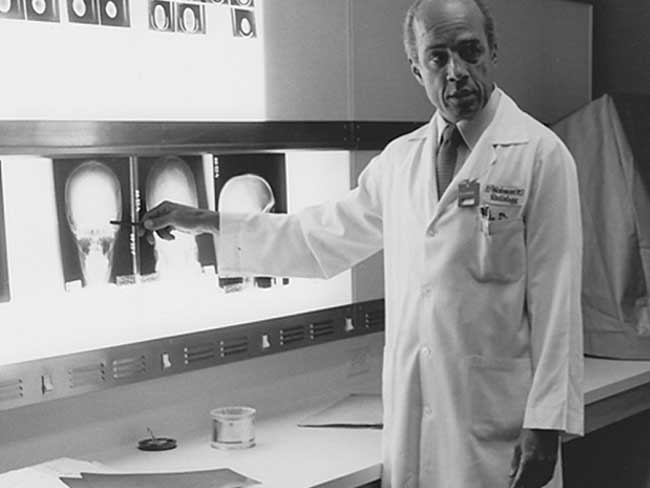
April 27, 2015
Eugene Hickman, MD — Pioneering Black physician
Dr. Hickman had a long career at Kaiser Permanente, becoming president …

January 9, 2015
The World War II Kaiser Richmond shipyard labor force

October 8, 2014
Breast cancer isn’t just a woman’s issue
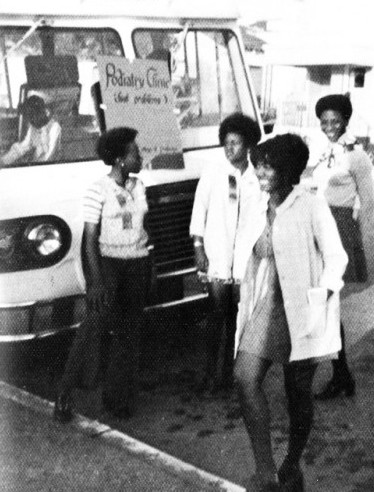
May 5, 2014
Black nurses get together to forge their own future
California African American nurses organize in early 1970s to address health …
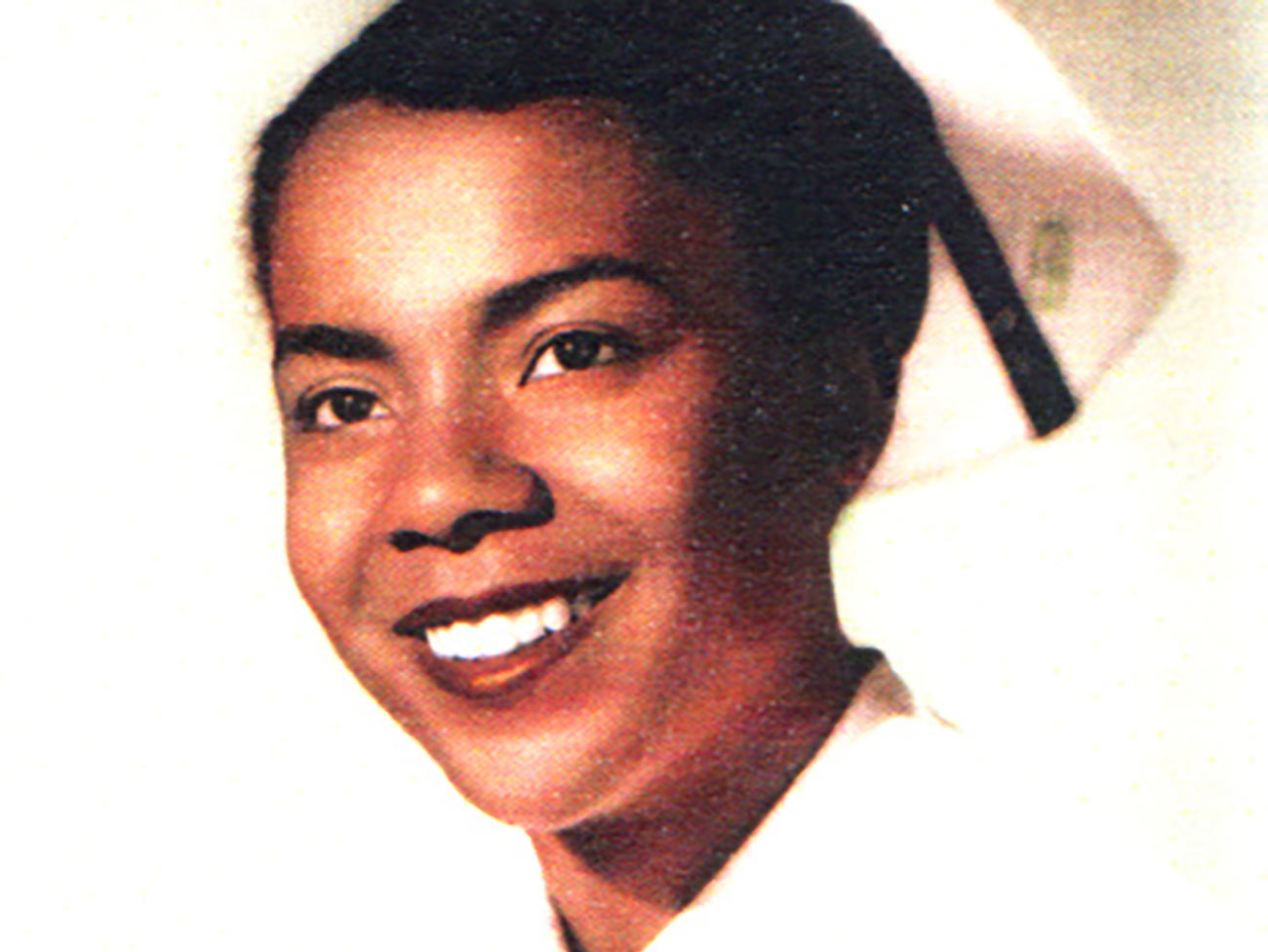
May 1, 2014
Beloved nurse earned place in Kaiser Permanente history
Jessie Cunningham, the first Black nursing supervisor at Oakland Medical …
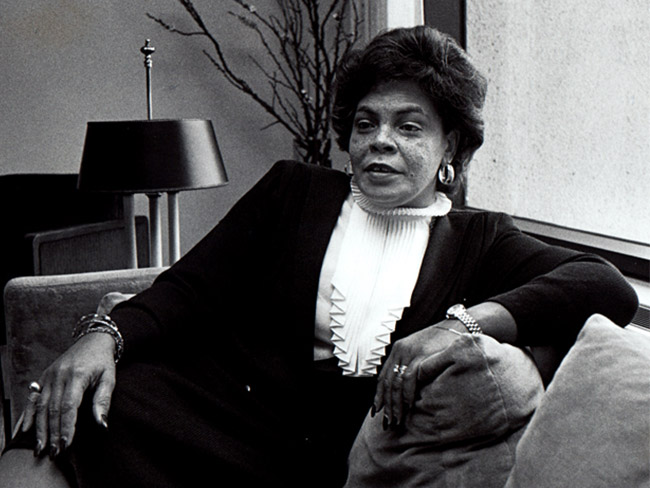
February 18, 2014
Alva Wheatley: Champion of Kaiser Permanente diversity
Third in a series marking Black History Month.
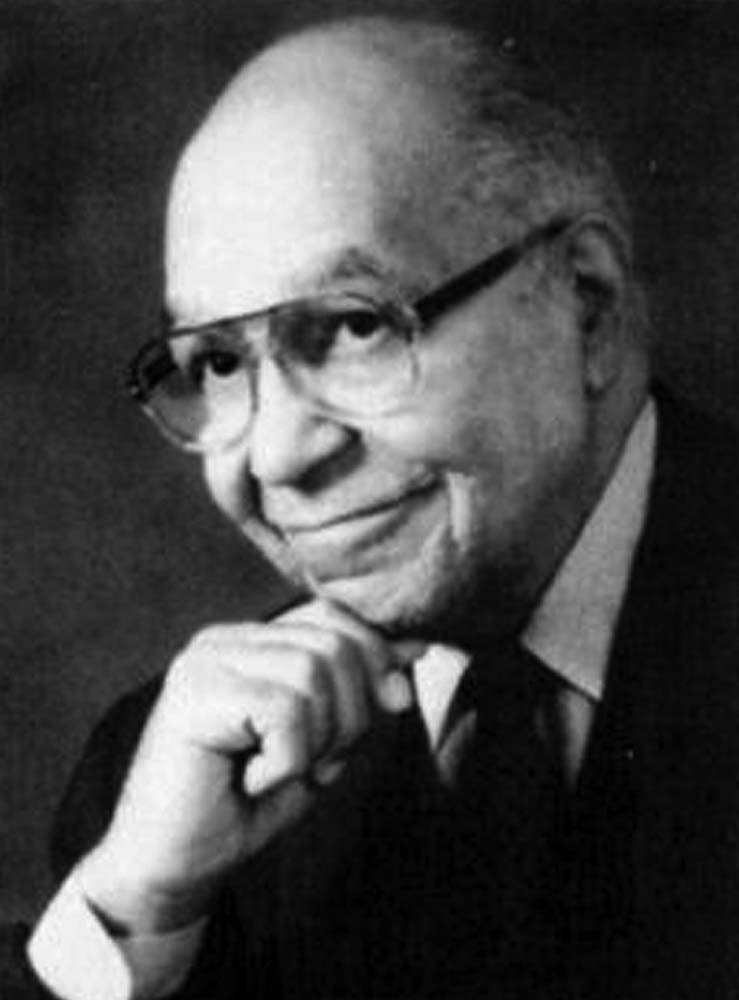
January 31, 2014
Raleigh Bledsoe, MD: First Black radiologist west of Rockies
Dr. Bledsoe became the first Black physician for Southern California Permanente …

August 2, 2013
Image of Rosie broadens to embrace African American women
Black women find new opportunities to elevate work status on the World …
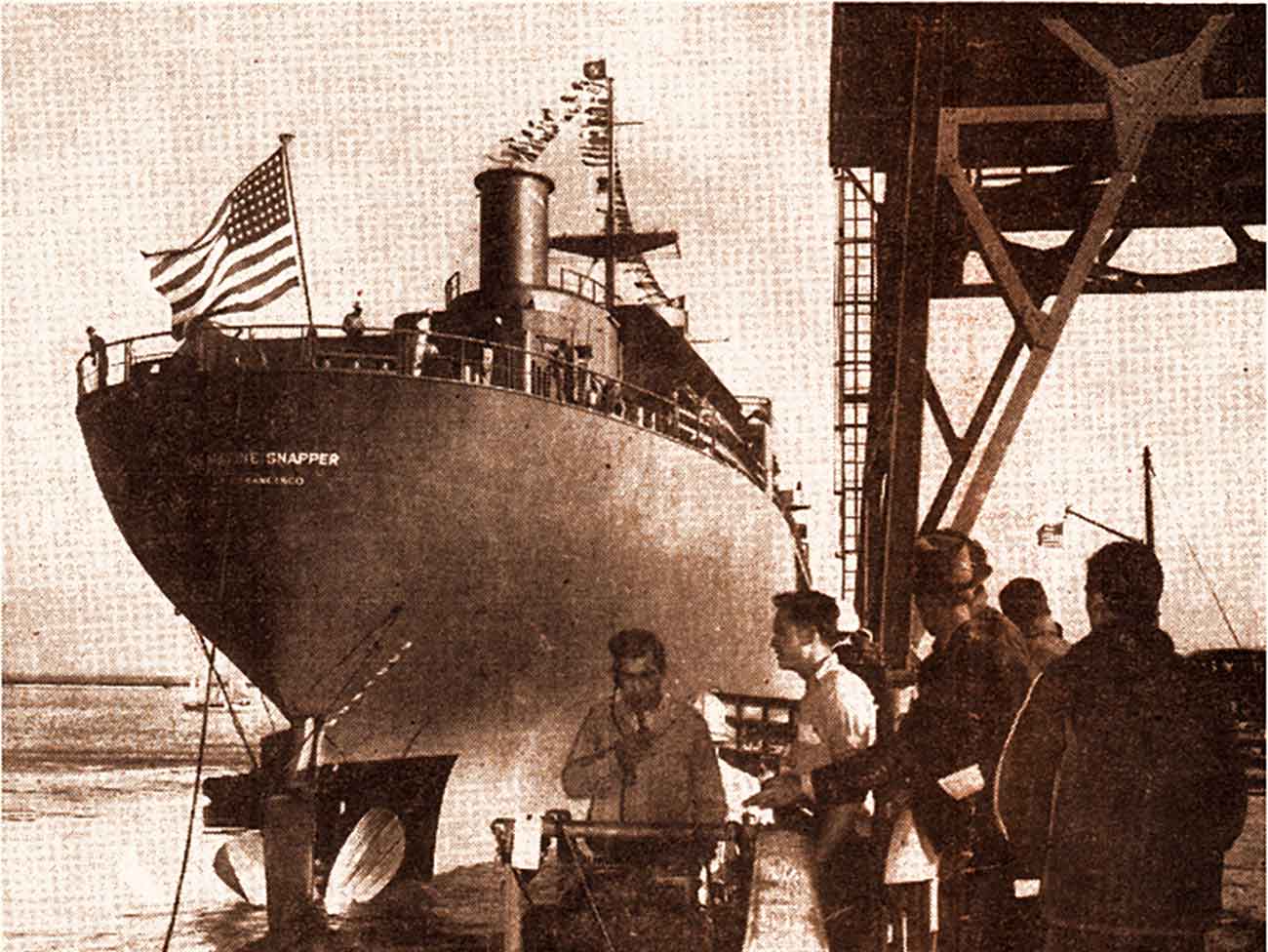
July 15, 2013
Labor unions offer early support for nascent Permanente Health Plan
After World War II, the experience of the Kaiser Permanente Health Plan …
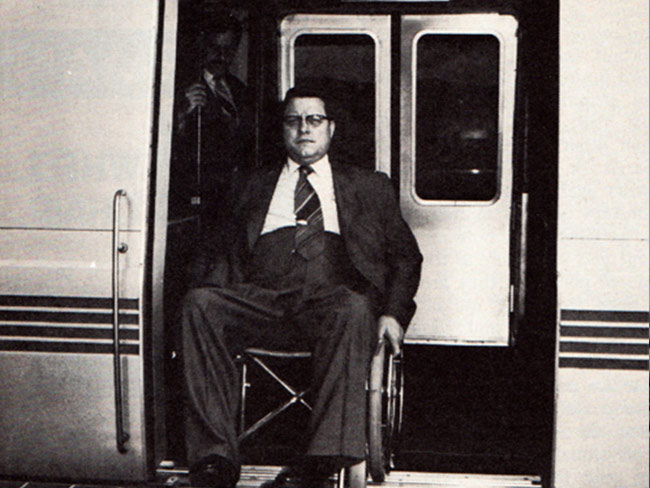
October 23, 2012
Disabled Kaiser Permanente employee changed course of public transportation
In the 1960s, Harold Willson successfully advocated for the historically …
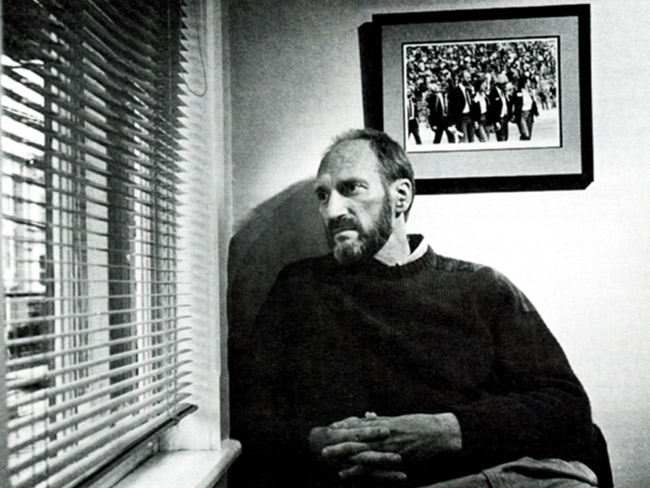
December 1, 2011
Kaiser Permanente’s early struggle to stand up to AIDS
New challenges provided collaborative opportunities for Kaiser Permanente …
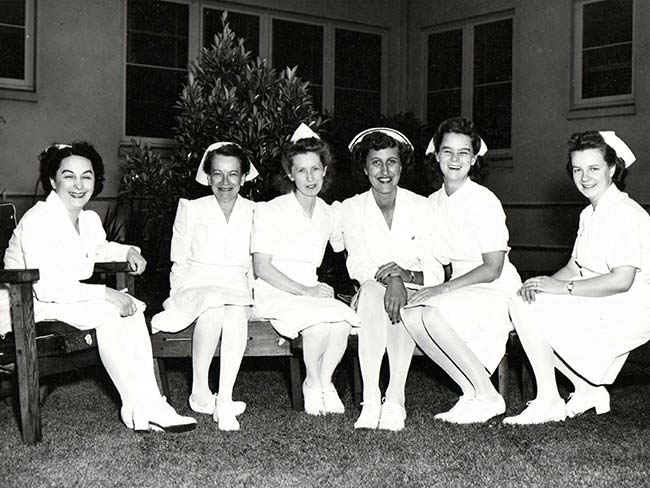
April 30, 2011
Nurses begin quest for professional recognition after World War II
Co-founder Dr. Sidney Garfield makes history by signing the first nurse …
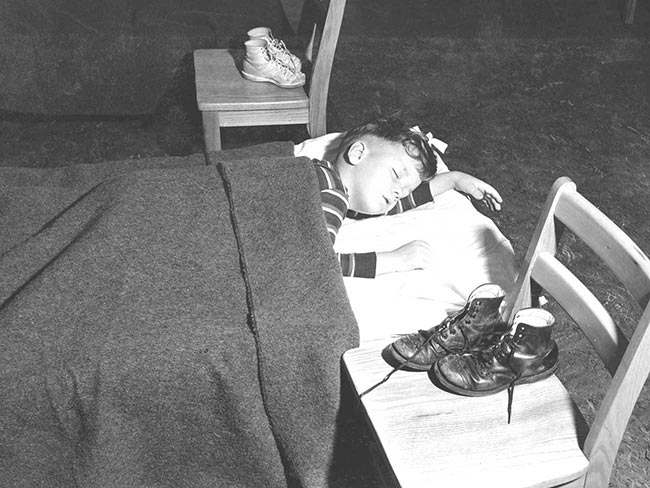
September 29, 2010
Wartime shipyard child care centers set standards for future
In 1943, Henry J. Kaiser invited key figures in child development studies …
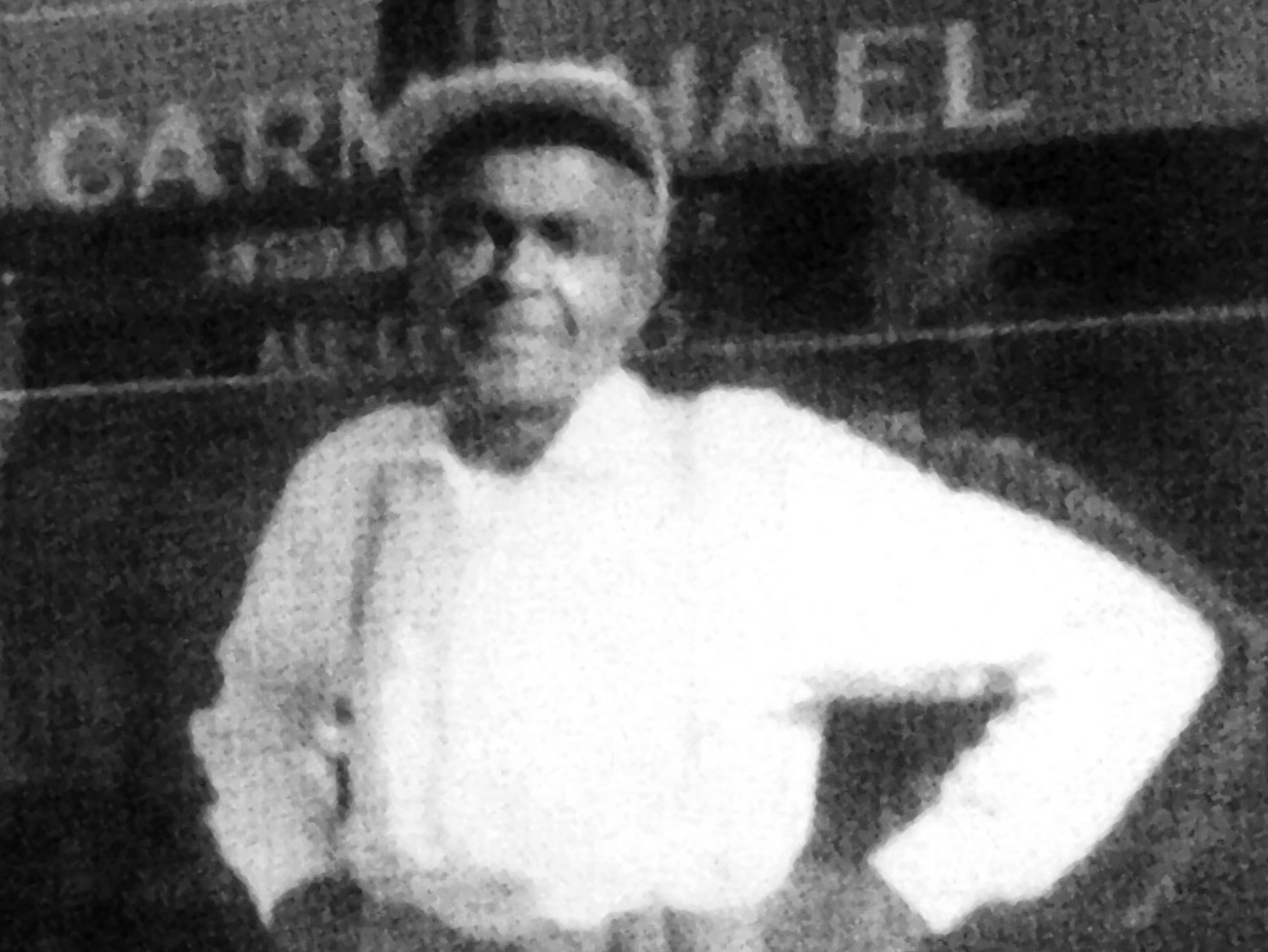
June 15, 2010
Henry Kaiser's racial acceptance began with one of first employees
James A. Shaw introduced Henry J. and Edgar Kaiser early to the diversity …